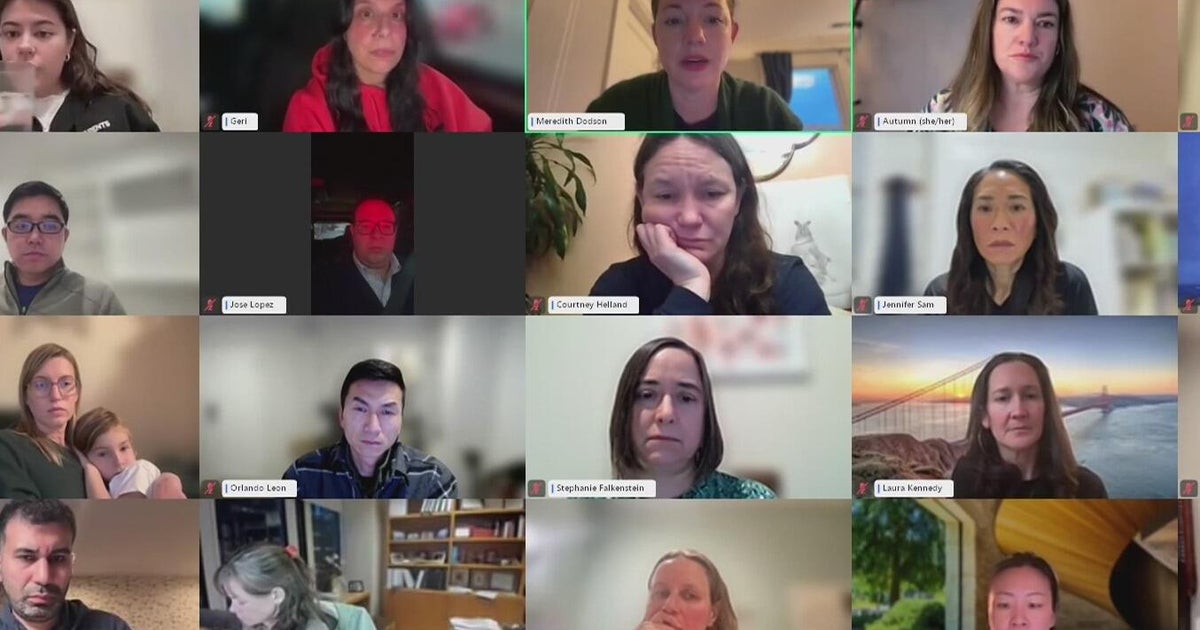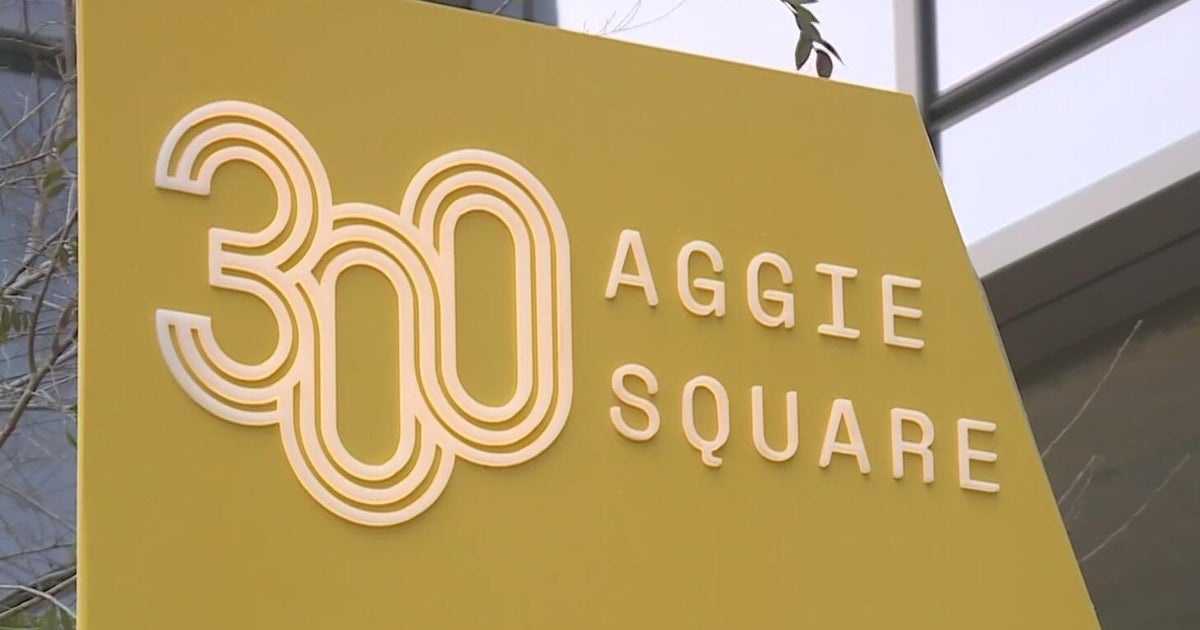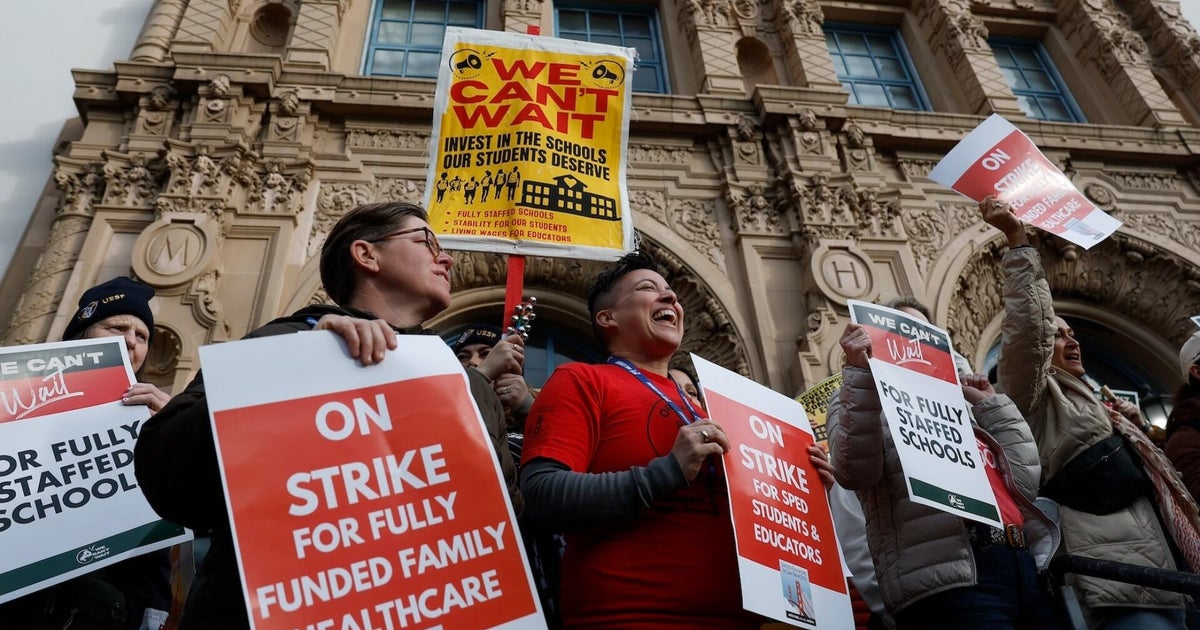Education Cuts May Energize Angry Parents
AUSTIN, Texas (AP) -- Two years ago, promises to slash government spending swept Marva Beck into the Texas House. Now, the rancher from pine woods country admits that the Legislature's vote to cut $5.4 billion in state funding for schools could send her back home.
"When it comes to the school situation, it's, `Where are you going to get the extra money the school districts want?"' said Beck, a Republican from Centerville in East Texas. "And it's a whole lot harder than what people assume it is to try and make those decisions."
Deep cuts in school funding approved by the Texas Legislature last summer could energize angry parents in a way similar to how the tea party movement mobilized conservatives in 2010. In the 150-seat state House alone, at least 29 candidates who are current or former school board members, or have other education experience, are challenging incumbents or vying for open seats in the May 29 primary.
Seventeen are Republicans and 12 are Democrats -- and most are pledging to fix Texas' broken school finance system and dial back the importance of high-stakes standardized tests.
A possible education backlash has Beck nervous and another incumbent, West Texas Republican Rep. Sid Miller, facing a primary challenge that could be tougher than expected. Among several candidates vying for an open seat in suburban Dallas, meanwhile, is Bennett Ratliff, scion of a well-known Texas political family who says his education background sets him apart from a crowded field.
"Funding is not the whole issue, but you can't continue to cut, and continue to cut, and continue to cut. At some point it does become about funding," said Ratliff, a Republican and nine-year veteran of the school board in Coppell, northwest of Dallas. His father is former Lt. Gov. Bill Ratliff and his brother Thomas is on the state Board of Education.
Under pressure from fiscal conservatives not to raise taxes amid a $27 billion budget shortfall to start 2011, Texas lawmakers cut $4 billion in education funding and another $1.4 billion in grant programs -- reducing per pupil spending by more than $500.
"You've got people that are in education that say the cuts went too far. You've got people outside education that say, `Don't raise my property taxes,"' said Beck, who voted in favor of the school finance law authorizing the cuts, which passed the House 80-57. "You can't just listen to one side of it."
Republican Trent Ashby is president of the school board in the East Texas city of Lufkin and is highlighting his education experience in challenging Beck. Ashby said he's "not out there saying we need to throw a bunch of new money at public education in Texas." But he said the state needs to ensure all school districts get equitable funding, especially those in rural areas.
Beck said she's heard from parents worried about the future of Texas schools, but that it's just one of their top concerns along with property and gun-ownership rights, and water issues following last year's historic drought.
Asked about the chances she could lose her seat because of education cuts, Beck replied, "that's a very big possibility. But I don't think, just because someone is in education, that they have any better idea of how to fix the problem."
Carolyn Boyle heads the Texas Parent Political Action Committee, which in 2006 supported at least 10 candidates who unseated incumbents or captured open seats. This year, the PAC has conducted more than 25 interviews with pro-education candidates and will endorse an equal number of Republicans and Democrats.
"This could be a game-changer election," Boyle said. "There are so many candidates with rich education experience."
Republicans hold a 102-seat super majority in the Texas House and while they will likely lose as many as 10 seats due to redistricting, they will maintain control. But next year they take a different tack.
In Florida, the Republican-controlled Legislature in 2011 passed substantial cuts to schools with Gov. Rick Scott calling for even more-strenuous reductions. This year Republicans returned and they were intent on restoring funding. The governor also did an about-face and supported them.
Backtracking in Texas will be tougher. Less funding saw the state cut more than 10,200 teaching positions this year. That has meant larger classes, with the number of elementary schools applying for permission to exceed a state-mandated cap of 22-students per classroom jumping to more than 8,000 this year compared to about 2,200 in 2011.
Teresa Roeder has a fourth grader in a fairly affluent West Texas district in Lubbock, but said students in her daughter's class are no longer issued textbooks they can take home.
"I'm not terribly well versed in the funding issues but I do see what's going on at the school. And it's craziness," said Roeder, who runs a chiropractor practice with her husband. "The teachers and the principals are doing their best. But what are you supposed to do when you don't have the tools?"
Republican Mike Jones is a former college instructor and member of the school board in Glen Rose, southwest of Fort Worth, who calls fully funding school districts a centerpiece of his campaign. He says it has raised the profile of his challenge of Miller -- a one-time vocational teacher himself who voted in favor of the school cuts.
"It's like the school district is a Chevy Suburban and it's been driven by a superintendent ... then the state comes and saddles them with a 40,000 pound trailer on the back end of it and starts blaming the Suburban or the principals or the teachers or the kids," Jones said. "It's not their fault it's that trailer put on there. It's the unfunded mandates and the testing."
Jones and others have also seized on what they call the state's over-reliance on standardized testing, which districts are forced to prepare their students for more rigorously than ever despite budgets cuts.
It's an issue that resonates with Ratliff, seeking the open House seat outside Dallas, who said parents move into his district for the excellent schools, only to find their students over-tested.
"We're producing an entire generation of kids that are little bubble-test takers," he said. "That's not what our communities want and that's not what our state needs."
(Copyright 2012 by The Associated Press. All Rights Reserved.)







